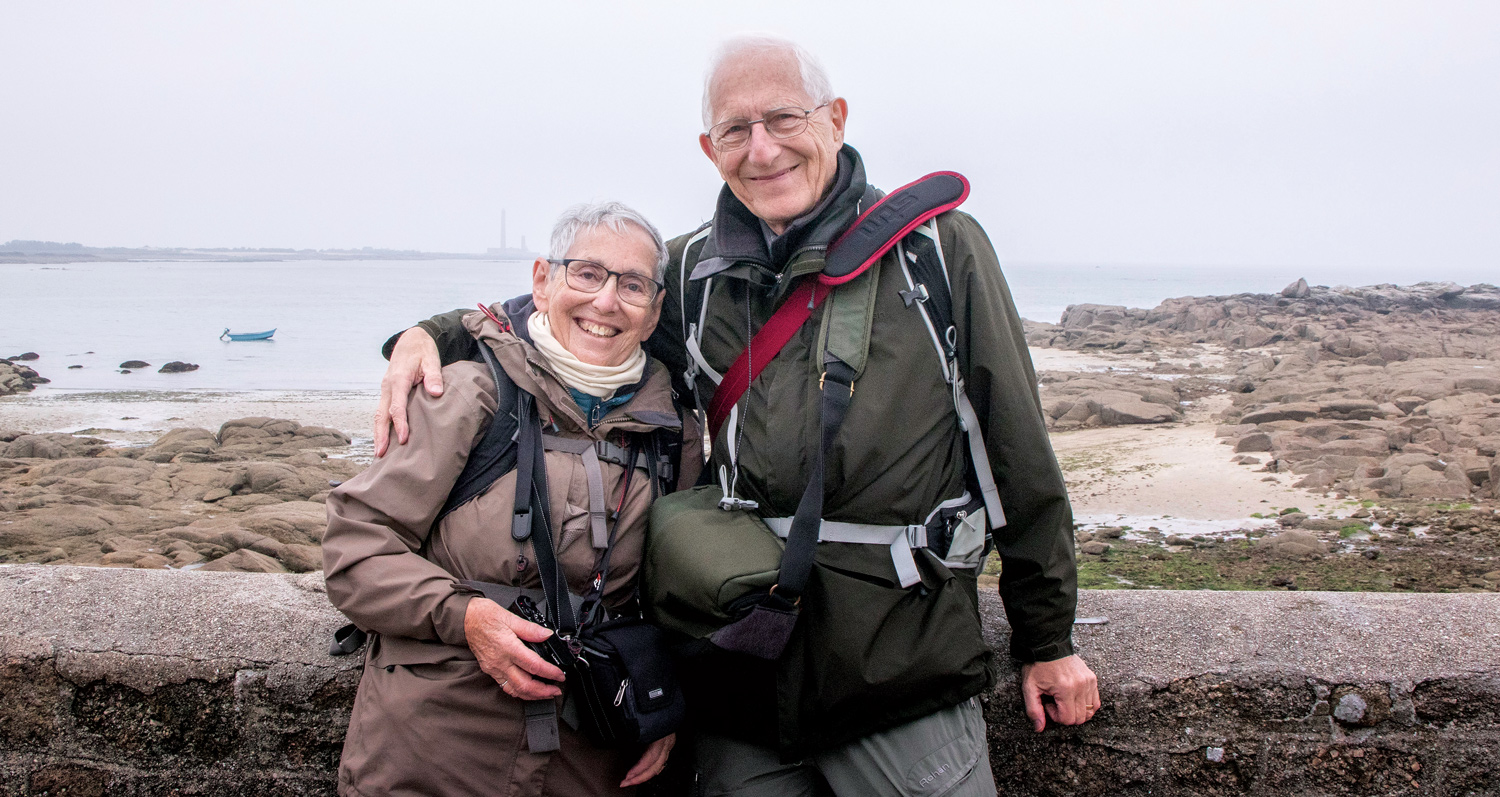
For Dr Lawrie Beilin, the secret to his career success and happiness has been in choosing to be a clinician, researcher and mentor.
By Ara Jansen
As a young lad, sitting in a cinema watching Danny Kaye, Lawrie Beilin wanted to be a film star.
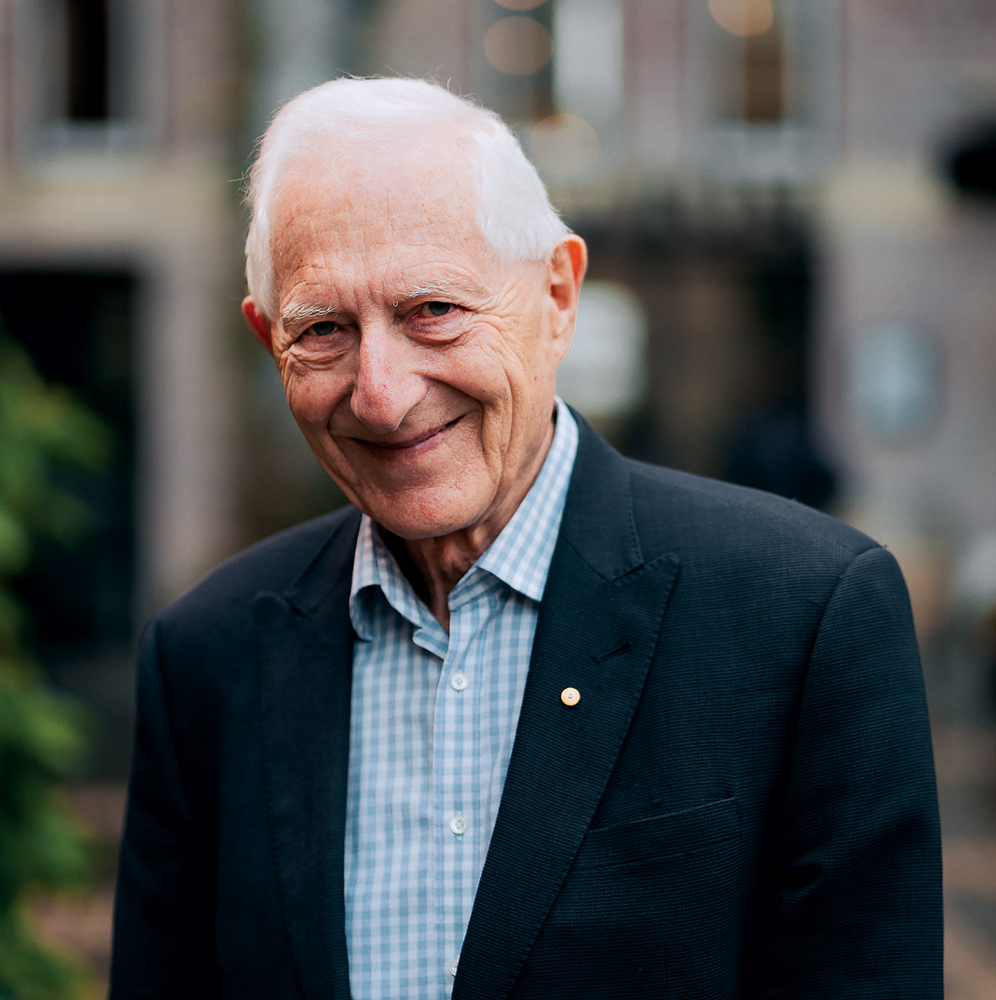
Soon after realising he “probably wasn’t up to it”, two incidents subtly shifted the London boy’s thoughts to medicine. Firstly, an anaphylactic reaction to a tetanus shot put him under the care of a doctor whose calm and caring bedside manner was memorable.
Lawrie later found himself in hospital after lopping off the end of a finger in a door. At Middlesex Hospital he was seen by a surgeon, a young man (at least to Lawrie) accompanied by a group of students.
“He was pretty calm and reassuring,” remembers Lawrie, more formally known as Emeritus Professor Lawrie Beilin. “Two things struck me – his attitude and focus, and then his skill, plus his attitude towards his students and teaching. At that moment I felt I wanted to be a doctor.
“I’d always been interested in nature and biology. I thought it was wonderful. How do things grow and develop? How do we become thinking human beings? I can’t really explain it, the interest was suddenly just there and I wanted to do medicine.
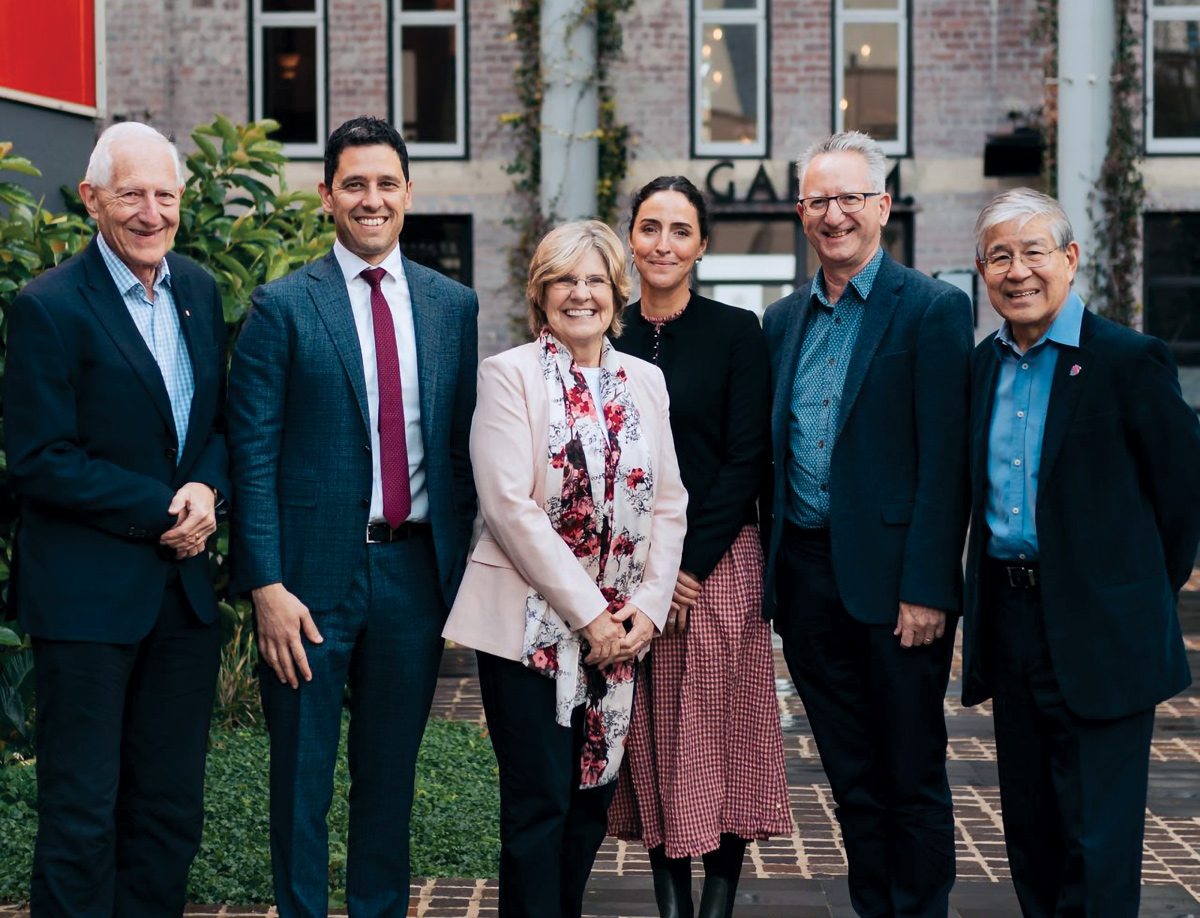 “I also have to say that my father was an optician and was disappointed that he didn’t do medicine. I don’t think he ever told me that but, I think they were relieved when I wasn’t going to go for a career on the stage. I was definitely unconsciously driven by those two medical experiences.”
“I also have to say that my father was an optician and was disappointed that he didn’t do medicine. I don’t think he ever told me that but, I think they were relieved when I wasn’t going to go for a career on the stage. I was definitely unconsciously driven by those two medical experiences.”
A hard worker with a competitive drive, Lawrie, like all other students at the time applied to all 12 medical schools across London. He failed the first five interviews but wasn’t surprised. Still in high school he was nervous plus he was a state schoolboy who didn’t play rugby, at the time a less than subtle bias in the medical fraternity. Interview number six saw him placed at King’s College Hospital.
“I remember feeling relief and what a privilege it was and that I was going to do the best I could.”
One of the first classes was dissection. There were about 120 students (including about six women) clustered around tables in groups of eight. What Lawrie remembers most is the camaraderie as well as the incredibly hard work of the following study and training years.
“I enjoyed connecting with people and patients and learning from great clinical teachers.”
Of particular influence was Dr Archie Gilpin, a heavy-smoking physician who died of cirrhosis. He showed Lawrie how to listen to and hear patients, as well as giving them the best possible advice. His manner meant people weren’t afraid to ask questions and weren’t frightened to talk to him just because he was a doctor.
Another senior doctor encouraged Lawrie to start teaching other students and share his knowledge as soon as he graduated, something he took to heart and has done all his working life and continues to do.
“I was told that students learn better from people closer in age to them. I could see how important it was to get into that habit of connecting and communicating what you have learnt to help others learn.”
Eighteen months of working at Hammersmith Hospital Royal Postgraduate Medical School taught Lawrie that it was possible to step out of the old conservative ways and combine clinical practice, research and teaching – and experience world-breaking research alongside compassionate and knowledgeable teaching.
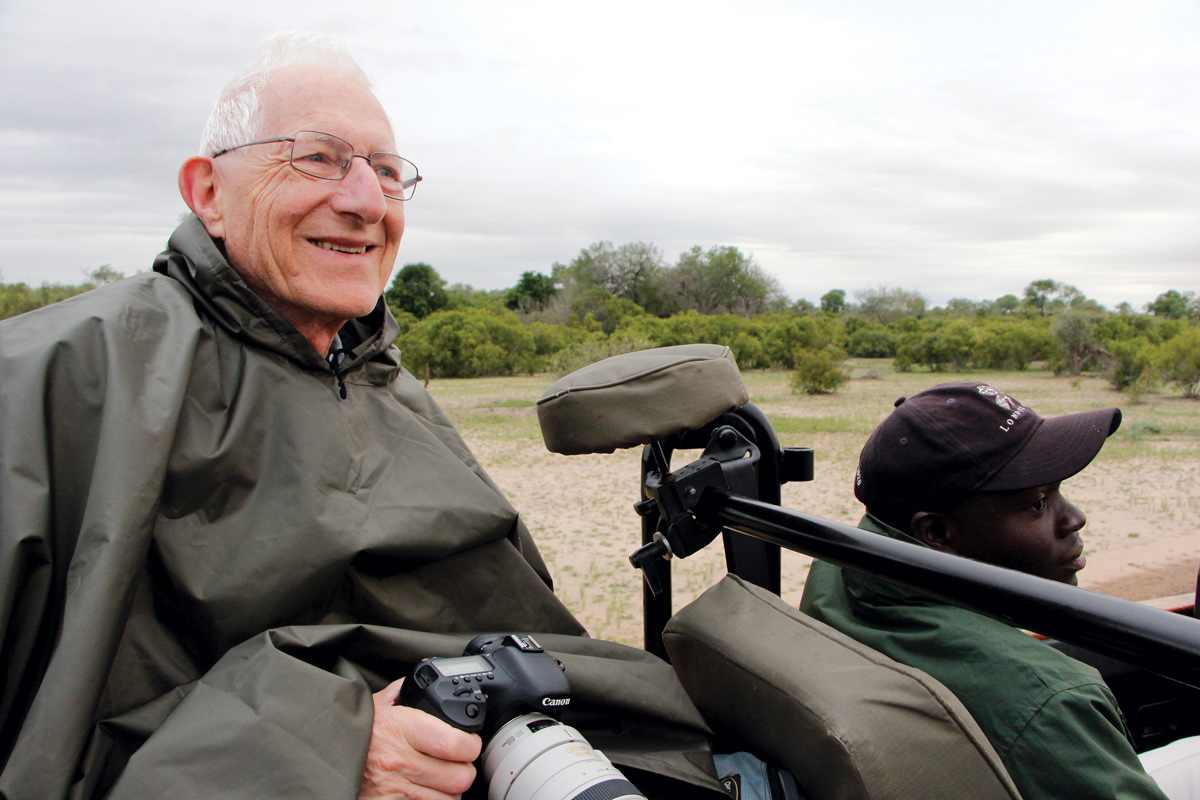
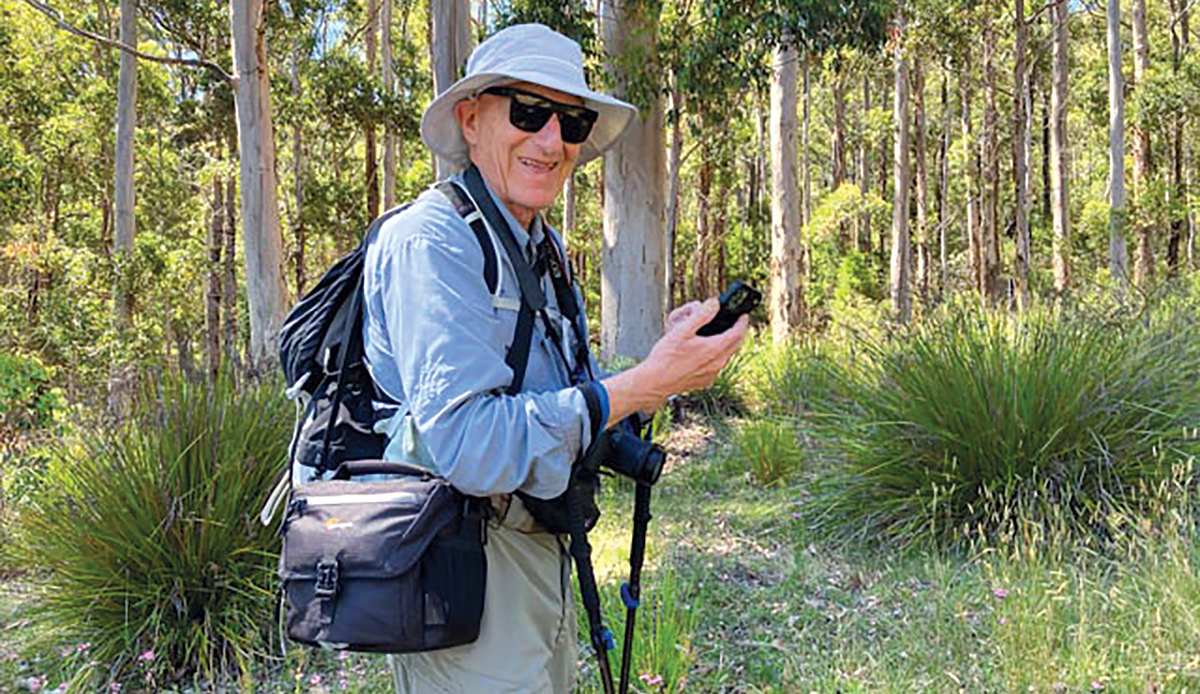 Among other adventures, Lawrie, his wife Brenda and year-old first child spent a year working in Los Angeles during the incendiary Watts Riots of 1965 and escaped being drafted to Vietnam because of his green card.
Among other adventures, Lawrie, his wife Brenda and year-old first child spent a year working in Los Angeles during the incendiary Watts Riots of 1965 and escaped being drafted to Vietnam because of his green card.
Already with a lot of experience and accolades under his belt, Lawrie arrived in Australia from Oxford at the age of 40 – you can still hear the hint of an accent – when he accepted a job at Royal Perth Hospital as Chair of Medicine in 1977. The hospital wanted someone to reestablish and strengthen their research work as many staff had moved to Charlies.
Lawrie spent a long and respected career working at Royal Perth, with research focusing on hypertension and preventing heart attack and stroke. As his mentors suggested, his work has been a mix of clinical, research and teaching the next generation of doctors.
Lawrie received the 2021 Peter Sleight Excellence Award in Hypertension Clinical Research from the World Hypertension League, which recognises significant contributions toward advancing hypertension research and treatment.
Now officially retired as a doctor – the 86-year-old let his licence lapse last year – he’s definitely not retired in any other sense of the word.
He’s immediate past Chair of the Royal Perth Hospital Research Foundation and until recently volunteered his time at the Royal Perth Lipid/Hypertension clinic, where he helped patients dealing with complex medical problems. He continues to do research at the foundation as well as mentoring and teaching students.
Throughout his career, he’s “enjoyed working with such fine health care workers from every background” at the hospital and foundation.
Experiencing some of communications’ greatest changes in his lifetime, technology like Zoom now allows Lawrie to collaborate, confer and consult with colleagues world-wide.
As an Honorary Senior Research Fellow at UWA, Lawrie continues to supervise PhD students and collaborates in medical research programs locally and internationally. In recognition of his extraordinary contribution to medical research in WA, the foundation recently named its highest career advancement fellowship in his name.
Once he started digging into his work with blood pressure and cholesterol in his 30s, Lawrie says it started to change his own habits around food and exercise, including feeling somewhat horrified about his medical intern lunch diet of a meat pie and Mars Bar. Apart from getting a pacemaker a few years ago, he remains fit and conscious of keeping in good health. He espouses the mental health benefits of getting up early and having a daily dip in the ocean.
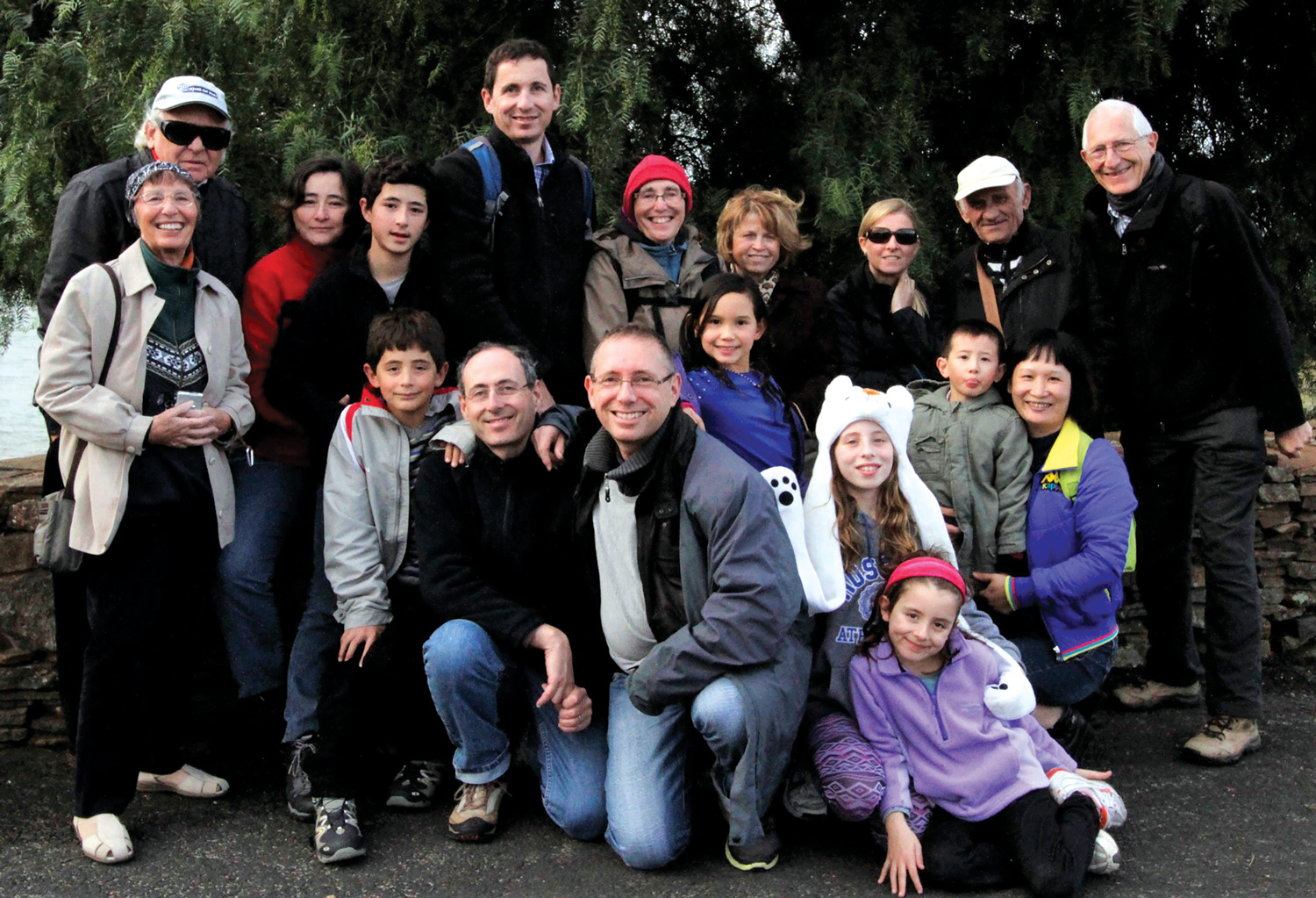 He’s a husband with a “beautiful wife” of nearly 60 years, a dad and an enthusiastic grandfather to six (aged 16-24), as well as a traveler and avid and knowledgeable photographer who tackles the challenges of Photoshop. Lawrie is also a late onset piano learner and enjoys singing in choirs.
He’s a husband with a “beautiful wife” of nearly 60 years, a dad and an enthusiastic grandfather to six (aged 16-24), as well as a traveler and avid and knowledgeable photographer who tackles the challenges of Photoshop. Lawrie is also a late onset piano learner and enjoys singing in choirs.
Testament to the fact that you’re never too old to learn something new, Lawrie recently completed a Bachelor of Arts, majoring in French, his first non-medical degree since becoming a doctor.
Lawrie says a sense of curiosity and humour plus an enjoyment of family, friends, nature and life in general is what gives him the passion to get out of bed in the morning.
“All the things I do keep my brain challenged and allow me to be socially active – and they also seem good for marital harmony!
“Having grandchildren is so much more fun than having children. It’s wonderful to hand them back and you don’t have the responsibility to make all the decisions for them. I’ve loved seeing them grow up and evolve.”

